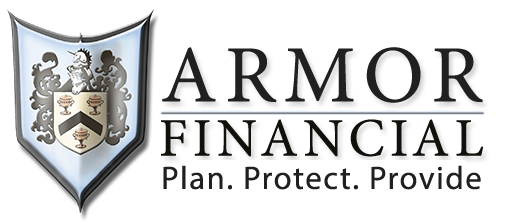Greetings! I trust that this will find you well and enjoying life.
Cyber security is an issue that we all should be aware of and consider as far as the effect a cyber-attack can have on our lives. The internet is the tool that most of us use to conduct our finances with. It used to be that if someone stole from us they had to come on our property to do it, now they can do it over the internet from some remote country on the other side of the world. The following is information that you can use in the war on cyber security.
Protect your computer against new viruses and other attacks with anti-virus and anti-spyware software, and configure all software for automatic updates. The anti-virus and anti-spyware software included in your operating systems require frequent updates to keep pace with new risks. Security software included with new computers generally requires a subscription for protection to continue. Need to upgrade your security products?
Use the latest version of your web browser. Strong encryption protects your information as it travels over the internet. Older web browsers may not support the highest strength 128-bit encryption.
Do not allow software to be loaded on your computer if you’re not completely familiar with it. If you share your PC with anyone, including your children, make sure they know the rules for downloading and installing software.
Install a hardware- or software-based firewall. A firewall controls how information moves between a computer and a network to help ensure that only legitimate traffic takes place, and hides the presence of computers behind it to make it more difficult for potential intruders to find them.
Choosing your passwords well and keeping them in a secret place can be key steps to safeguarding all of your online transactions. To create a password that is more difficult to guess, use a combination of letters and numbers for passwords you create (i.e. 4funcallC3po, ll9vemyd1g). Certain passwords are easier to compromise, so try to avoid common pitfalls by creating secure passwords.
• Don’t base your passwords on personal information – such as the name of your pet or your company.
• Don’t use a word found in the dictionary as your password.
• Avoid substituting numbers for letters, for example: using a zero for the letter “o” or a one for the letter “i.” These substitutions are well known and predictable.
• Don’t use your UserID as your password.
• Don’t use simple number sequences like “12345” or a series of duplicate numbers like “11111.”
• Change your password frequently, and don’t “recycle” a password you’ve used somewhere else.
It’s important to be aware of possible risks to your computer and the information on or passing through it.
Familiarize yourself with the threats posed by:
• Identity theft
• Phishing
• Stock spam
• Spyware
• Viruses, worms, and Trojans
Identity theft – using a person’s personal or financial data to commit fraud – is one of the most rapidly growing global crimes. The targets of this crime are personal information, financial information, and access to online accounts.
The personal information often targeted includes:
• Name, address, and date of birth
• Social Security number
• Driver’s license number
• Passport
• Signature
The financial information often sought is:
• UserIDs and passwords
• Account numbers and ABA numbers
• Credit card numbers
• ATM / Debit cards
• Checks
Phishing is when someone attempts to steal personal or financial information. It usually starts with an email asking for sensitive information, such as your UserID or user name, your password, or your account information.
Phishing-sometimes also referred to as pharming-opens the door to identity theft and computer security breaches.
As its name suggests, spyware is software that is used to “spy” on your computer. It poses two problems: invasion of privacy and can adversely affect your computer’s performance.
Viruses, worms and Trojan horses (often referred to as just Trojans) are programs that can become embedded in your hard drive. They can allow remote access to your computer, send spam, be used to spy on you, log your keystrokes, aid phishers, erase data, and even wipe out your hard drive.
• A virus is a computer code that infects your computer when you take certain action, such as double clicking on an email attachment. A virus typically embeds in your existing software and uses it to reproduce and spread.
• Unlike viruses, worms are stand-alone programs. They do not embed themselves into another piece of software, but spread by duplicating themselves without any intervention from you.
• A Trojan is a stand-alone program that spreads by masquerading as a harmless file or program and tricking the user into installing it on his or her machine. Many Trojans arrive under the guise of a picture, screensaver, or email attachment. Once a user opens the file, the Trojan installs itself on the computer and may take over the computer’s email program or use its own email program for malicious purposes.
By no means is my intention to alarm you about cyber security. I feel that the best defense with this issue is a strong offense. It’s important to familiarize yourself with cyber security and do all that you can to secure what goes on with your computer, tablets and phone.
Don’t hesitate to call if you feel we can help in any way with your financial and retirement planning.
Best regards,
Jeff Christian CFP, CRPC
